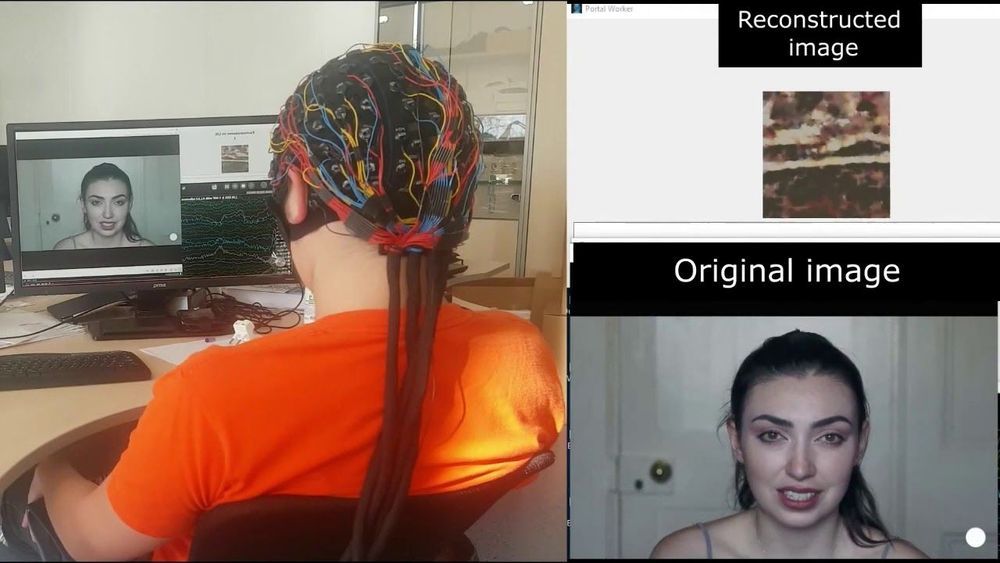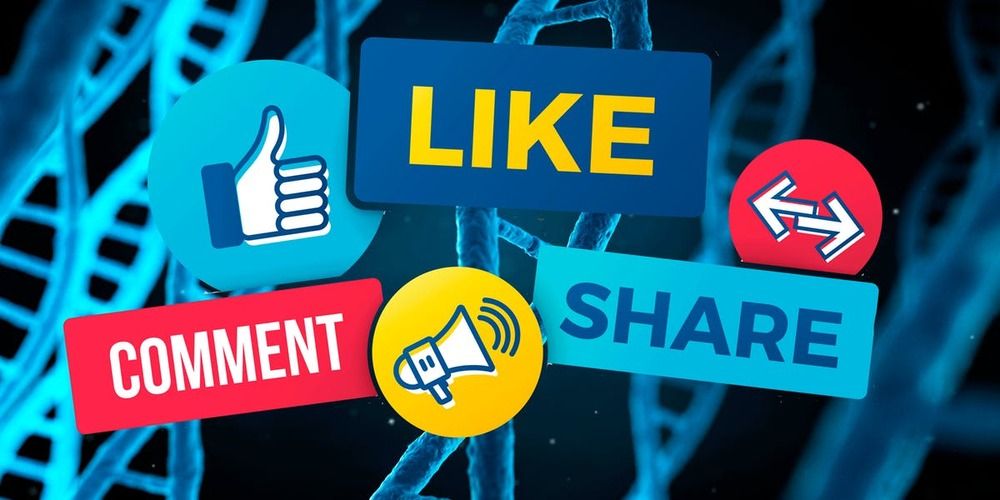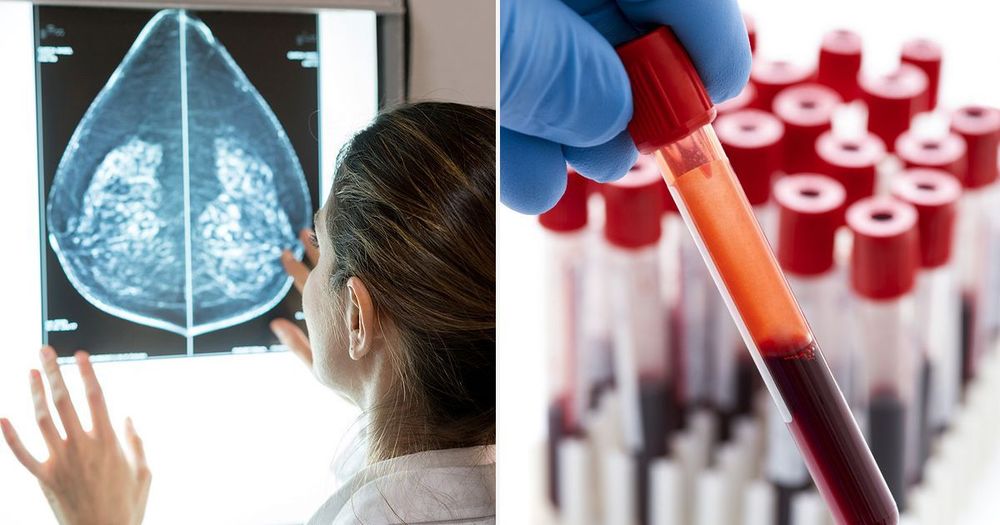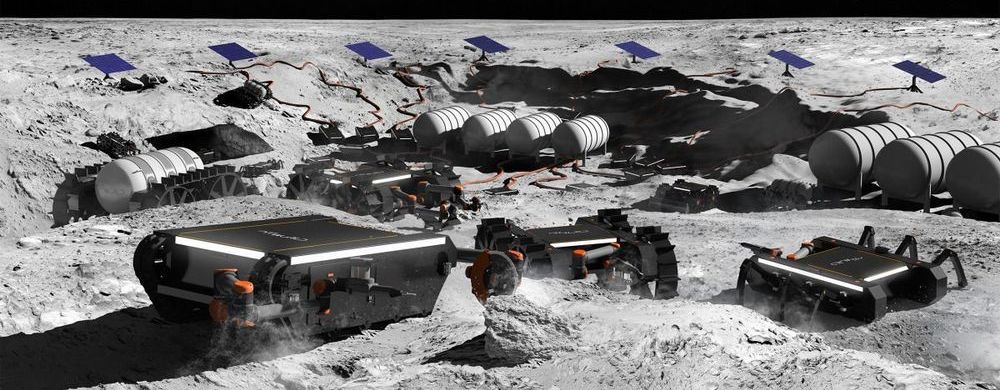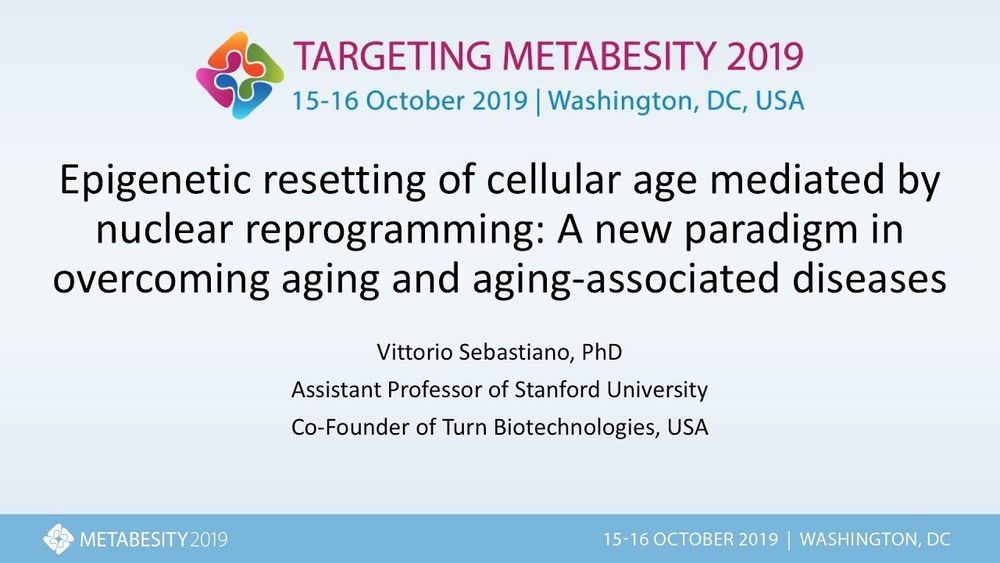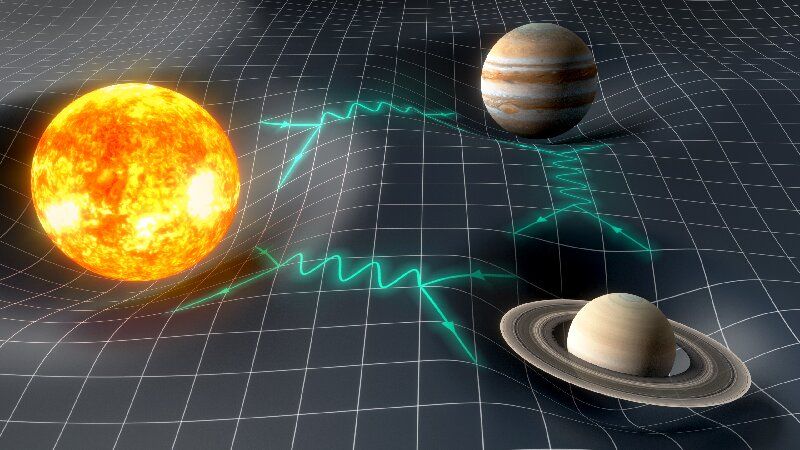
A team of researchers affiliated with several institutions in France has revisited the idea of improving on estimates of the upper limit of the mass of a graviton. In their paper published in the journal Physical Review Letters, the group describes their accurate measurement of the parameters of planetary bodies and what they found.
Einstein’s theory of general relativity suggests that the gravity of large masses that warps spacetime comes from a theoretical massless particle called the graviton. Scientists have been trying for many years to either prove the theory correct or disprove it by finding a way to show that it has mass. One approach to such a proof involves studying the speed of the expansion of the universe—this approach has suggested that if the graviton does have a mass, its upper limit would be approximately 10 −32 electron-volts. Unfortunately, this result is based on a lot of assumptions, many of which are still controversial. Another way to do it is by studying planetary orbital deviations that could only come from a nonzero graviton mass—and starting with the assumption that if a graviton has zero mass, then like the photon, it should travel at the speed of light. In this new effort, the researchers have found a way to improve the accuracy of this approach.
The work involved temporarily freezing the motion of the stars and planets at different points in time—the first was the year 2000. The researchers found the masses, positions and speed of the sun, the planets and several asteroids for that year. They then ran equations that allowed them to roll forward in time to 2017 and back to 1913 and forward again as needed. These time periods were chosen because the team was able to find usable data for them. In running the calculations, the researchers found that they were able to come up with an estimation for the upper limit of the graviton of 6.76 × 10 −23—with a probability of 90 percent. The researchers note that their number was very close to that found by a team using data from the LIGO interferometers, but suggest that any similarities were purely coincidence.
